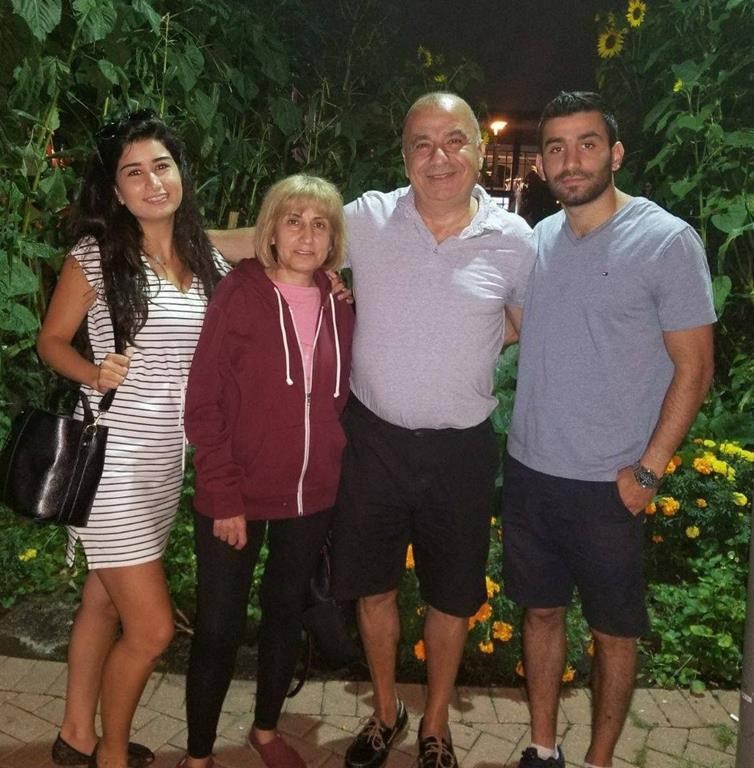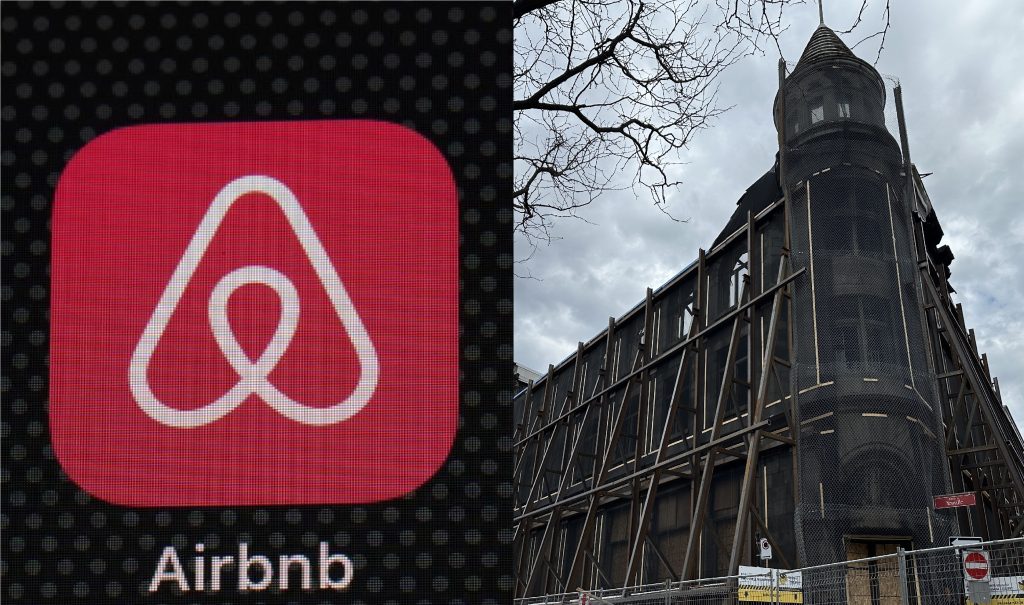Report: Black people three times more likely to be stopped by police in Repentigny
Posted September 19, 2021 4:08 pm.
Last Updated September 19, 2021 7:04 pm.
MONTREAL (CityNews) ─ Black people are three times more likely to be stopped by police in a Quebec town northeast of Montreal, according to a new report.
The report comes after a slew of criticism, lawsuits and human rights complaints against the Service de police de la Ville de Repentigny (SPVR) for racial profiling.
It’s something that happens far too often says Leslie Blot, a resident of Repentigny, Que., who made a racial profiling complaint against the police force for a 2017 incident.
“I heard that the chief of police of Repentigny looked surprised about it, but I don’t know why because everybody knows what’s happening in those streets,” said Blot.
“It’s been a long time that we tell them that we’re tired to be arrested every time for nothing.”
RELATED:
- Montreal police say policy to stop street checks represents culture change
- Convoy of Black drivers demand end to racial profiling and random police checks
Earlier this year, the Quebec human rights commission called on the police force to review its police practices after a string of recent racial profiling complaints.
One of those came from Blot, who was stopped, handcuffed and ticketed when he was sitting in the passenger seat of a parked car in 2017.
“They know from a long time that there’s a problem, but they don’t want to admit it,” said Blot. “But year after year, there’s more and more people that file complaints about that, about them.”
Advocate Fo Niemi from the Center for Research-Action on Race Relations believes the problem within the SPVR is systemic.
“There’s a culture of resistance and a culture of trivialization and also there’s a culture of denial that racial profiling exists, that racism exists,” said Niemi. “But more importantly, we think there’s a culture in the police department of Repentigny that perhaps encourages racial profiling and promotes racial profiling through passive tolerance.”
In October 2019, a similar report found Black and Indigenous people were four to five times more likely to be stopped by Montreal police.
In response to the new report, the SPVR released a five-year action plan in which they identify new avenues of communication and community relations they say will allow for an inclusive police force.
RELATED:
- Groups want Montreal police to collect race-based data
- Lawyer of Black man wrongfully jailed calls out flawed system
In a release, the force’s police director Helen Dion said “our action plan aims to create organizational change based on equity, diversity and inclusion principles, and goes beyond tackling racial profiling.
“It was developed with the realities and experiences of our officers in mind as well as the concerns and realities of organizations on our territory.”
Niemi says that’s not the answer.
“You can’t talk about EDI − equity, diversity and inclusion − unless it carries penalties,” he said. “EDI is a catchy term these days, especially after George Floyd. Many companies in the private sector, everybody wants to go EDI.
“But there’s a difference between public relations and true organizational systemic change.”



